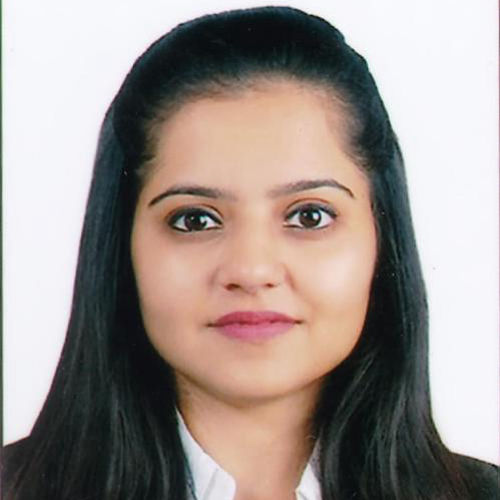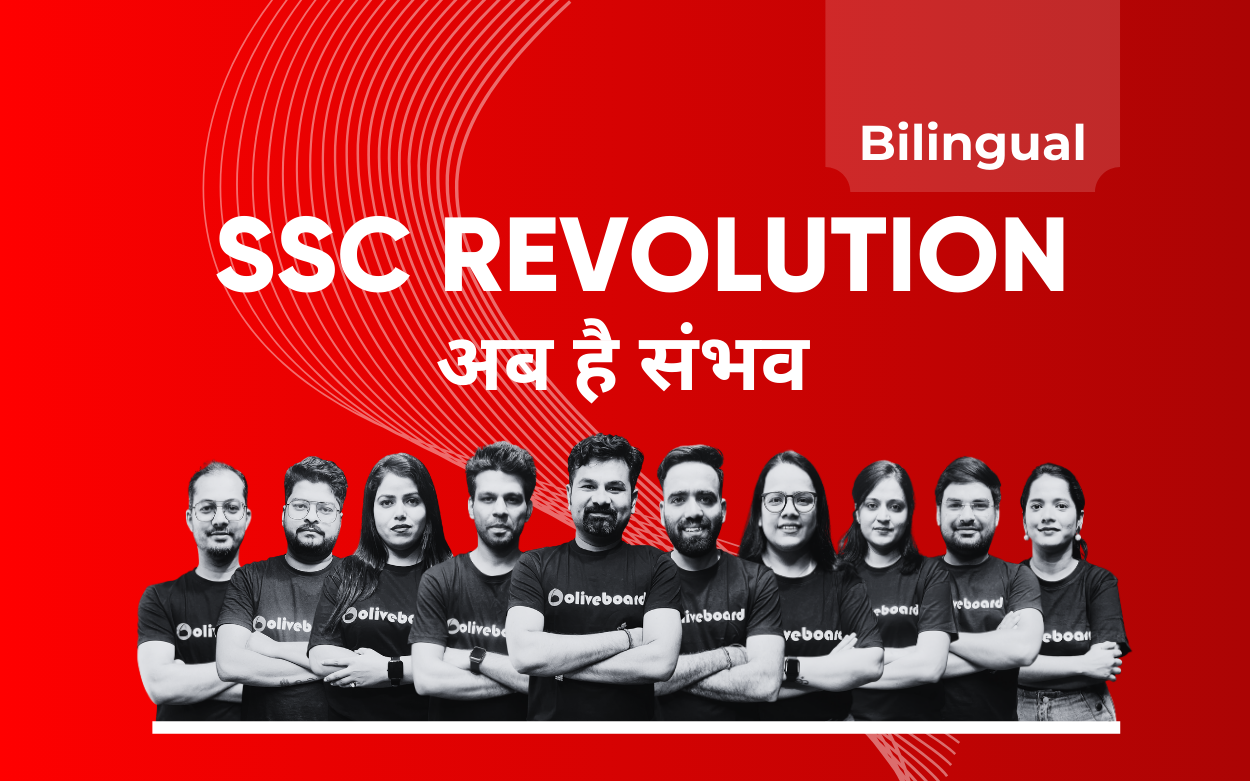The Staff Selection Commission conducts the SSC MTS Exam every year to fill MTS and Havaldar posts in central government ministries and departments. The SSC MTS Syllabus 2026 will be officially released through the SSC MTS Notification 2026 expected in June 2026. In this article, candidates can go through the detailed syllabus and download the official PDF for their preparation.
What is SSC MTS 2026 Exam Pattern (revised)?
The SSC MTS Exam Pattern 2026 will consist of a CBT with two sessions on Reasoning, Numerical Ability, General Awareness, and English, followed by PET/PST for Havaldar posts. Final selection is based on the written exam, physical tests (for Havaldar), and document verification. The exam pattern was revised in the last cycle and is likely to remain the same this year, as will be confirmed in the notification.
| Stage | Description |
|---|
| Written Examination | A computer-based test (CBT) assesses
1. Numerical and Mathematical Ability
2. Reasoning Ability and Problem-Solving
3. General awareness. 4. English Language and Comprehension |
| Result of Written Exam | Declaration of results and shortlisting of candidates for the next stage. |
| Physical Test For Havaldar Post | Physical efficiency test (PET) and physical standard test (PST) for Havaldar posts. |
| Document Verification | Verification of educational and other necessary documents of shortlisted candidates. |
| Final Selection | Preparation of the final merit list based on performance in the written exam and physical test (if applicable). |
What is SSC MTS CBT Exam Pattern 2026?
The Exam Pattern of SSC MTS Exam CBT 2026 will consist of 90 questions carrying a total of 270 marks, divided into two sessions: Session-1 includes 20 questions each from Numerical and Mathematical Ability and Reasoning Ability and Problem-Solving (60 marks each), while Session-2 includes 25 questions each from General Awareness and English Language and Comprehension (75 marks each). We have mentioned below the latest exam pattern for the candidates.
| Subject | Number of Questions/ Maximum Marks |
|---|
| Session-1: Numerical and Mathematical Ability | 20 / 60 |
| Session-1: Reasoning Ability and Problem-Solving | 20 / 60 |
| Total | 40 / 120 |
| Session 2: General Awareness | 25 / 75 |
| Session 2: English Language and Comprehension | 25 / 75 |
| Total | 90 / 270 |
- Computer-Based Examination: Two mandatory sessions conducted on the same day.
- Session I: Lasts 45 minutes. No negative marking.
- Session 2 Eligibility: Only candidates who pass Session 1 will have their Session 2 answers checked.
- Transition: Session II begins right after Session I ends.
- Session II: Lasts 45 minutes. 1 will be deducted for each incorrect answer.
Download SSC MTS Previous Year Question Papers
SSC MTS Syllabus 2026
The selection process for SSC MTS Exam 2026 consists of a computer-based exam consisting of 2 sessions. Both sessions are mandatory. The computer-based exam is common for both MTS and Havaldar posts.
SSC MTS Syllabus for Mathematical Ability
The details of the Maths Syllabus for the Multi Tasking Staff Exam is as follows:
- Integers and Whole Numbers
- LCM and HCF
- Decimals and Fractions
- Relationship between Numbers
- Fundamental Arithmetic Operations and BODMAS
- Percentage, Ratio, and Proportions
- Work and Time
- Direct and Inverse Proportions
- Averages
- Simple Interest
- Profit and Loss
- Discount
- Area and Perimeter of Basic Geometric Figures
- Distance and Time
- Lines and Angles
- Interpretation of Simple Graphs and Data
- Square and Square Roots
Solve 50 Important Percentage Questions for SSC Exam
SSC MTS and Havaldar Syllabus for Reasoning Ability
The SSC MTS Syllabus for Reasoning is as follows:
- Alpha-Numeric Series
- Following Directions
- Similarities and Differences
- Jumbling
- Problem Solving and Analysis
- Non-verbal Reasoning Based on Diagrams
- Age Calculations
- Calendar and Clock
Attempt Free SSC MTS 2026 Mock Test
SSC MTS Syllabus for General Awareness
The SSC MTS Syllabus for General Awareness is as follows:
| Topics | Details |
|---|
| Environment | Understanding of ecological issues, conservation, and sustainability. |
| Society | Knowledge of societal structures, norms, and values. |
| Current Events | Awareness of significant global, national, and local events. |
| Scientific Aspect | Understanding of scientific principles and their application in daily life. |
| History | Significant historical events and figures in India and neighboring nations.
- Indus Valley Civilization
- Buddhism and Jainism in India
- The Magadha Empire
- Gupta Dynasty
- Delhi Sultanate and Mughal Empire
- India and Its Independence |
| Culture | Knowledge of cultural heritage, traditions, and diversity in India and neighboring countries. |
| Geography | Familiarity with geographical features, landmarks, and physical characteristics of the region.
- The Universe and the Solar System
- Earth
- Mountains and Rivers
- Hydrosphere, Lithosphere, Atmosphere
- Wind Cyclones
- Climate
- Geological Survey of India
- Indian Climate, Natural Vegetation, and Soil |
| Economic Scene | Awareness of economic policies, trends, and developments impacting India and neighboring nations.
- General Economics
- Economic Planning
- National Income of India
- Budget
- Market
- Demand and Supply
- Economic Concepts
- Population of India, Mortality Rate, Unemployment |
| General Policy | Understanding of governmental policies, laws, and regulations governing India and its neighbors.
- Constitutional Development of India
- State and Union Territory
- Fundamental Rights
- Directive Principles of State Policy
- Executive, Legislation, Judiciary
- Constitution of India |
| Scientific Research | Knowledge of ongoing scientific research and advancements in various fields, nationally and internationally. |
| Physics | - Units and Measurement
- Waves and Motion
- Light
- Work and Energy
- Heat and Temperature |
| Chemistry | - Chemical Symbols and Formulae
- Atomic Structure
- Periodic Classification
- Chemical Bonding
- Oxidation and Reduction
- Acids, Bases, and Salts
- Carbon and Its Compounds
- Fuels
- Metals and Non-Metals
- Man-Made Substances |
| Biology | - Living and Non-Living
- Cell and Its Structure
- Genetics
- Organic Evolution
- Plant Morphology
- Plant Diseases
- Nitrogen Cycle
- Animal Kingdom
- Animal Tissue |
SSC MTS English Syllabus
The SSC MTS Syllabus for the English Language is as follows:
Attempt SSC MTS PYPs Online
What is the evaluation process for SSC MTS and Havaldar marks?
SSC MTS and Havaldar marks are evaluated in two sessions where Session 2 is checked only after qualifying Session 1, with normalization applied for multiple shifts. The details are as follows:
| Section | Details |
|---|
| Evaluation Process | Session 1: Evaluated first.
Session 2: Evaluated only if Session 1 is cleared. |
| Havaldar Recruitment Process | Computer-Based Examination (CBE): Required.
Physical Efficiency Test (PET)/Physical Standard Test (PST): Required. |
| MTS Recruitment Process | Category-wise, State/UT-wise Cut-offs in Session II: Separate cut-offs for category and State/UT.
Age Group-wise Cut-offs: Separate cut-offs for age groups (18-25 years, 18-27 years). |
| Marking Scheme | Session I: No negative marking.
Session II: Negative marking of one mark per wrong answer. |
| Normalization of Scores | Multiple Shifts: Marks normalized if conducted in multiple shifts.
Normalization Formula: As per Notice No: 11/2018-P&P-I dated 07-02-2019.
Final Merit and Cut-off Marks: Based on normalized scores. |
From where can you Download the SSC MTS Syllabus PDF?
Candidates can use the direct link provided below to download the previous year'e cycle syllabus as a reference, since the official SSC MTS Syllabus 2026 has not been released yet. Aspirants preparing for the SSC MTS 2026 exam should be well aware of the syllabus to plan their preparation effectively.
Download SSC MTS Syllabus Free PDF
What are the key takeaways?
Below are the key takeaways:
- SSC MTS 2026 will be conducted through a Computer-Based Test (CBT) with two mandatory sessions.
- The exam pattern revised in the previous cycle is expected to continue in 2026, subject to official notification.
- Session 1 tests Numerical Ability and Reasoning with no negative marking.
- Session 2 includes General Awareness and English and has negative marking of 1 mark per wrong answer.
- Session 2 is evaluated only if the candidate qualifies Session 1.
- The CBT consists of 90 questions for a total of 270 marks, conducted on the same day.
- The exam is common for both MTS and Havaldar posts.
- PET/PST is mandatory only for Havaldar posts; MTS posts do not require a physical test.
- Final selection is based on CBT performance, PET/PST (for Havaldar), and document verification.
- Normalization of marks is applied if the exam is conducted in multiple shifts.
- The official SSC MTS Syllabus 2026 PDF is expected with the notification in June 2026.
Explore All SSC MTS Courses Here



















































































